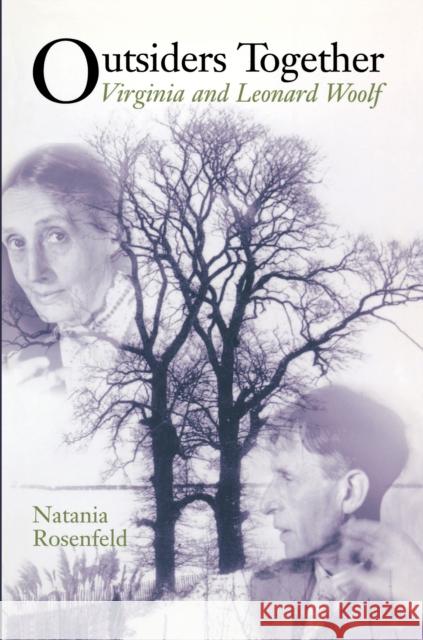Outsiders Together: Virginia and Leonard Woolf » książka
Outsiders Together: Virginia and Leonard Woolf
ISBN-13: 9780691089607 / Angielski / Miękka / 2001 / 232 str.
The marriage of Virginia and Leonard Woolf is best understood as a dialogue of two outsiders about ideas of social and political belonging and exclusion. These ideas infused the written work of both partners and carried over into literary modernism itself, in part through the influence of the Woolfs' groundbreaking publishing company, the Hogarth Press. In this book, the first to focus on Virginia Woolf's writings in conjunction with those of her husband, Natania Rosenfeld illuminates Leonard's sense of ambivalent social identity and its affinities to Virginia's complex ideas of subjectivity.
At the time of the Woolfs' marriage, Leonard was a penniless ex-colonial administrator, a fervent anti-imperialist, a committed socialist, a budding novelist, and an assimilated Jew who vacillated between fierce pride in his ethnicity and repudiation of it. Virginia was an "intellectual aristocrat," socially privileged by her class and family background but hobbled through gender. Leonard helped Virginia elucidate her own prejudices and elitism, and his political engagements intensified her identification with outsiders in British society. Rosenfeld discovers an aesthetic of intersubjectivity constantly at work in Virginia Woolf's prose, links this aesthetic to the intermeshed literary lives of the Woolfs, and connects both these sites of dialogue to the larger sociopolitical debates--about imperialism, capitalism, women, sexuality, international relations, and, finally, fascism--of their historical place and time.











